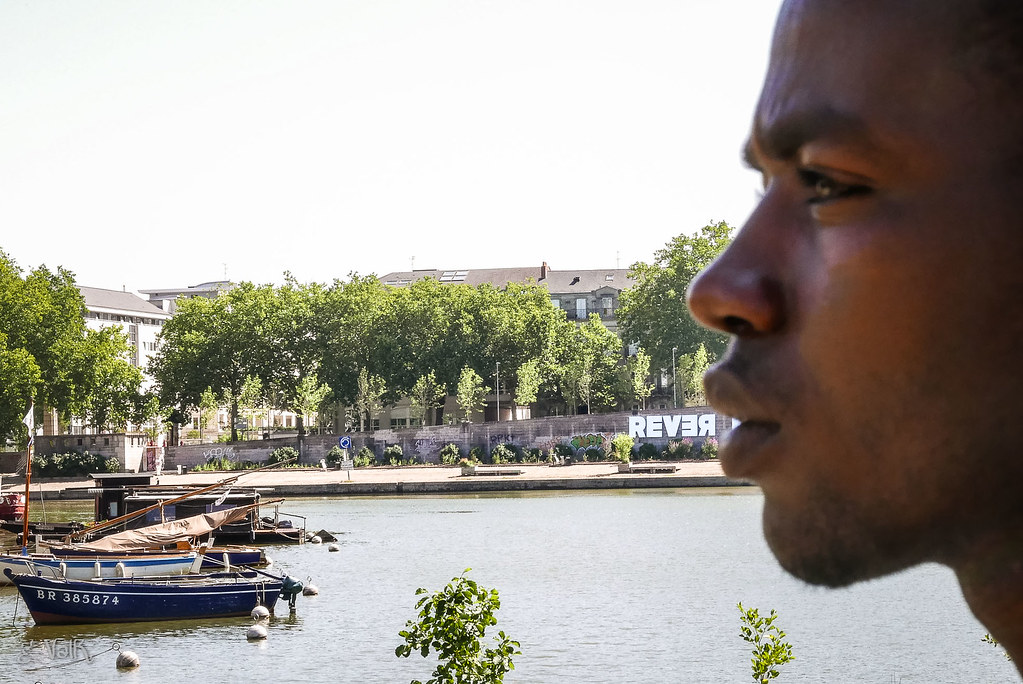Top IDF commander in aid strike wanted to block humanitarian supplies into Gaza
▻https://www.telegraph.co.uk/global-health/terror-and-security/israel-hamas-war-gaza-idf-aid-strike-world-central-kitchen
The most senior IDF commander dismissed for his role in the drone strike which killed seven aid workers in Gaza is a settler who signed an open letter in January calling for the territory to be deprived of aid, The Telegraph can reveal.
A senior British lawyer said its contents – including a call for a “siege” of Gaza City – should be considered by the Israeli authorities investigating the killings.
Col (Res) Nochi Mandel, the chief of staff of the Nahal Infantry Brigade, was one of two officers dismissed last week following the incident in which three vehicles belonging to the charity World Central Kitchen (WCK) were attacked by drones, killing all those inside, including three Britons.
An investigation by the Israeli Defence Forces (IDF) characterised the strikes as a “grave mistake” but concluded there was no intentional harm. “Those who approved the strike were convinced that they were targeting armed Hamas operatives and not WCK employees,” it said.
In the letter, Col Mandel, a religious nationalist who lives in a settlement in the occupied West Bank, called with more than 130 other reserve officers and commanders for the flow of aid into Gaza to be restricted.
People inspect the site where World Central Kitchen workers were killed in Deir al-Balah, Gaza Strip
The site where World Central Kitchen workers were killed in Deir al-Balah, Gaza Strip Credit: Abdel Kareem Hana/AP
The letter was sent on January 20 to the Israeli War Cabinet and the IDF chief of staff and implored them to “do everything in your power” not to allow “humanitarian supplies and the operation of hospitals inside Gaza City” following its evacuation.
The idea was to lay siege to the area until the estimated 130 Israeli hostages held by Hamas in Gaza were returned.
“As far as we understand … it is permissible and legal according to the laws of armed conflict, to impose a siege on a certain area, on the condition that the citizens who are in it are allowed evacuation corridors,” the letter adds.
Michael Mansfield KC, head of Nexus Chambers and one of Britain’s leading barristers, said the letter should “absolutely” be considered by those investigating the incident.
“The document is plainly relevant to a particular state of mind,” Mr Mansfield said. “In other words it is not indicating that the target of the Israeli army is primarily Hamas but Gaza as a whole by weaponising aid under siege conditions.
“Those who will inevitably suffer and run the risk of death as a result are bound to be non combatant civilians, medics, women, children, the injured and those who are responsible for bringing aid as with the seven killed.”
An armed Hermes 450 unmanned aerial vehicle of the Israeli Air Force in flight
























